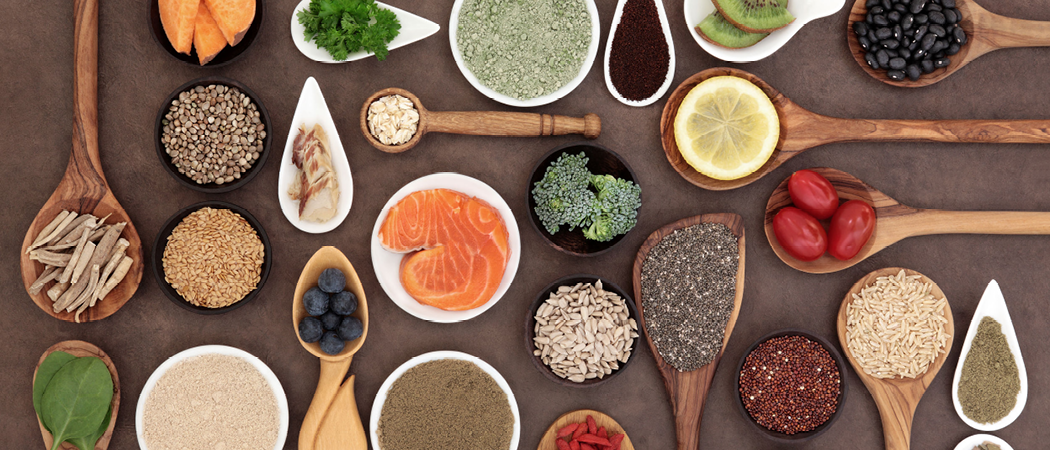Written by Carolyn Shinn, Vice President, Clinical and Quality Process Excellence at Healogics.

How does cholesterol affect heart health?
September is National Cholesterol Education Month so it is a great time to have your cholesterol tested and learn more about how it affects your health. Cholesterol is a necessary type of fat that is part of our blood. Heredity and diet both determine the amount and type of cholesterol in your blood.
There are two types of cholesterol: low-density lipoprotein (LDL), also known as “bad” cholesterol, and high-density lipoprotein (HDL) or “good” cholesterol. Too much LDL cholesterol is bad because it causes deposits or plaque to build up in our blood vessels, restricting blood flow. HDL cholesterol is good because it binds to excess bad cholesterol in our blood, bringing it to our liver to be eliminated as waste.
Lifestyle changes can lower bad cholesterol and raise good cholesterol levels.
- Exercise. Physical activity, even moderate-intensity walking, will raise HDL levels.
- Quit smoking. Smoking has many adverse effects including lowering HDL and raising LDL levels.
- Reduce stress. Schedule time for activities you enjoy to help you relax.
- Sleep well. Make a good night’s sleep a priority—aim for seven to nine hours a night.
- See your doctor. Get regular screenings for cholesterol, blood pressure and diabetes.
- Eat healthy. Avoid foods with trans fats and instead choose foods that are high in fiber and healthy fats including the following:
- Avocados, olive oil, almonds and many other nuts are rich in monosaturated fats.
- Salmon, tuna and trout are full of omega-3 fatty acids.
- Oatmeal, barley and beans are high in soluble fiber.
- Fresh fruits and vegetables contain soluble and insoluble fiber.
How does heart health affect healing?
Heart health is important to our overall wellness. Our heart circulates blood throughout our bodies, delivering oxygen and nutrients to every living cell. High cholesterol and heart disease diminish this flow, greatly compromising our body’s ability to heal.
Oxygen-rich blood has vital role in our immune system’s response to injuries. Our heart and vascular system are essential for delivering blood to injured tissue. In fact, our body’s ability to heal a wound increases and decreases based on the amount of oxygen in our blood plasma. If blood flow is hindered or restricted by heart disease, the oxygen necessary for healing does not reach the wound.
Healogics helps patients with chronic wounds heal faster. Over the past 20 years, we have helped to heal more than four million wounds. We have partnerships with academic and research-based scientists to consult and analyze, driving collaboration to provide better outcomes for our patients.

